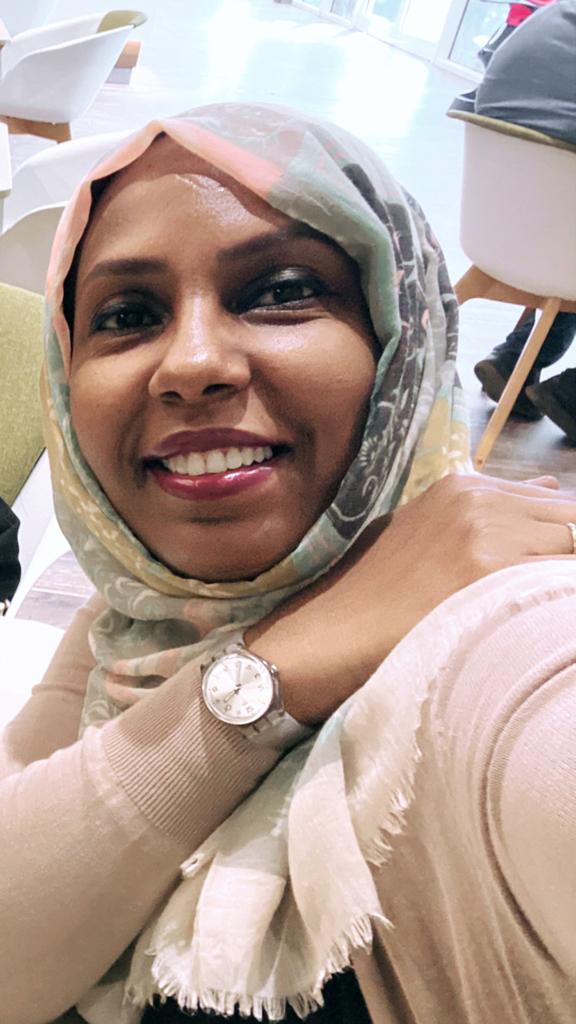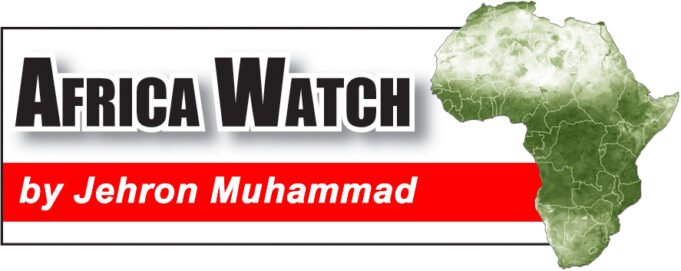Helping to improve direct and immediate access to even hard-to-reach communities with real-time measurable data through mobile phone technology is how Viamo explains its service. According to its Sudan Country Manager, Rudiana M.E. Mustafa, Viamo’s digital campaigns include starting a dialogue between organizations, governments, programs and the people they work with to utilize important public service messaging.

Viamo works cross sectors at all levels. “Working with communities, working on behavior change, nutritional awareness, maternal awareness, gender-based violence; name any sector or segment that is of interest for the development sector (and) these are the actual areas where we have the experience in and these are the kinds of projects we work with,” explained Mustafa.
Three billion people remain unconnected, hard to reach by traditional media or even on the internet. This means too many of the world’s population don’t have access to information that could help them reach their full potential, because their voices are not heard and the markets and economies that serve them remain underdeveloped. According to Viamo, it “has found a way to change this.”
Mustafa, has a degree in Information Systems and Information Technology from the University of North London, UK. She explained in a telephone interview with Africa Watch, from her home in Khartoum that their target audience is getting information to people who need it the most. “This includes geographically challenged people in very remote locations,” she said. This also includes “illiterate people that don’t have ability to read and write and people who aren’t able to make any progress in their lives for the lack of information,” the mother of four continued.
Located in 40 countries across South Asia and Africa, the Canada-based for-profit company also helps brands penetrate untapped or underserved markets, specifically the 60 percent of people in emerging markets that can’t be reached through internet-based marketing tools.
Mustafa also addressed how barriers like language are overcome. Mustafa, who is Sudanese, explained that Sudan is part of the Mena or Middle East and North Africa region because the lingua franca (common language) is Arabic. “We localize language. We have content managers that speak Arabic in the Mena region. So it makes a lot of sense because of the content that we develop at the end of the day,” she said.
“Sometimes I have to work in translating specific content into Arabic, (what) the people in the East Africa region won’t be able to do. So, the whole reason they place Sudan under the Mena structure was because of the language.”
Discussing project development, Mustafa said, the biggest obstacles the development sector has faced is listening to the beneficiaries that they’re trying to support. She said, “It has always (been historically) the agenda of the development agency, and never what they come back with, what these people really need.”
Mustafa said how it has worked in Sudan is developing the content with a local specialist, in this case an agriculture consultant. “We basically are able to contextualize it to the areas that they were working in,” she stated. “What we do is deliver a series of messages in the form of phone calls that would go out on a regular basis, in Arabic, in the local accent so the farmers can understand it very clearly,” added Mustafa.
“And they were able to learn to grow seven different crops. This is from land preparation to packaging and logistics. Add to that the ability to sell the produce they farmed, to sell to market.” They achieved success by following “the guidelines on our hotline that we were able to provide free of cost to these farmers, by listening to the information that we provided whenever they need to,” she added.
The farming guidelines also included following weather alerts and teaching them the effects of climate in the country in context to their areas. Viamo provided farmers with regular weather alerts about conditions to help them prepare their land in time, to be able to harvest their produce in time and be able to sell crops in the most sufficient and cost-effective manner possible, she explained.
In terms of the small farmers growing crops and taking those crops to market, or the evaluation teams from the development agencies, that are trying to measure impacts, Mustafa explained, that “it’s a win-win for everyone.”
Follow @JehronMuhammad on Twitter













